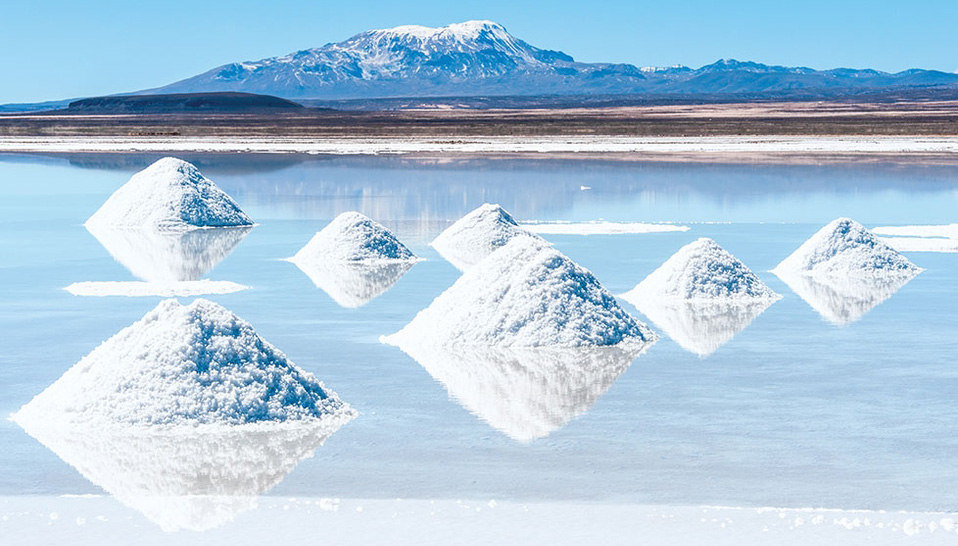RIO DE JANEIRO, BRAZIL – The Bolivian government said it plans to choose in early 2022 its strategic partners for the massive production of lithium in the Altiplanic salt flats, after a long selection process in which there are still nine foreign firms interested.
“The companies that exceed the requested performance, including lower cost and lower environmental impact, will be selected to establish partnerships and start working on the application of direct lithium extraction [EDL] technologies from the second half of 2022,” said the Vice Minister of High Energy Technologies, Alvaro Arnez.
Read also: Check out our coverage on lithium in South America
Quoted in an official bulletin, Arnez ratified that the EDL project aims to commercialize lithium from the southwestern salt flats of Uyuni, Coipasa, and Pastos Grandes, which together make Bolivia the country with the world’s largest reserve of this strategic metal for electricity storage.

The official avoided identifying the firms competing for the exploitation of lithium from the brines. For now, only the Russian group Rosatom, which is building the country’s first nuclear research center in the city of El Alto, next to La Paz, is known.
SOVEREIGNTY
The Vice Minister said that the association model applied in lithium would be similar to that of other strategic sectors. The State holds the majority of shares.
The Bolivian counterpart will be the state corporation Yacimientos del Litio Boliviano (YLB), which already operates in Uyuni, a potassium chloride plant, and is building another lithium carbonate plant expected to be inaugurated at the end of next year.
The international tender for the EDL project was launched last April, in apparent replacement of agreements with German and Chinese firms to industrialize lithium and other by-products from the salt flats that were put on hold since the November 2019 coup d’état.
Luis Arce’s government, about to complete its first year, has not formally announced the cancellation of the agreements with Germans and Chinese that targeted the reserves of the same three salt flats of the EDL project.
“What we want is that from that work (lithium carbonate plant) we can immediately build another plant for the large-scale production of cathodes and batteries (…), in 2024 we would already have the production of lithium-ion batteries on an industrial scale,” he added.
Lithium-ion batteries, which are in great demand in the computer, cell phone, and other mobile device industries, have an increasing market in the nascent electric car industry.

